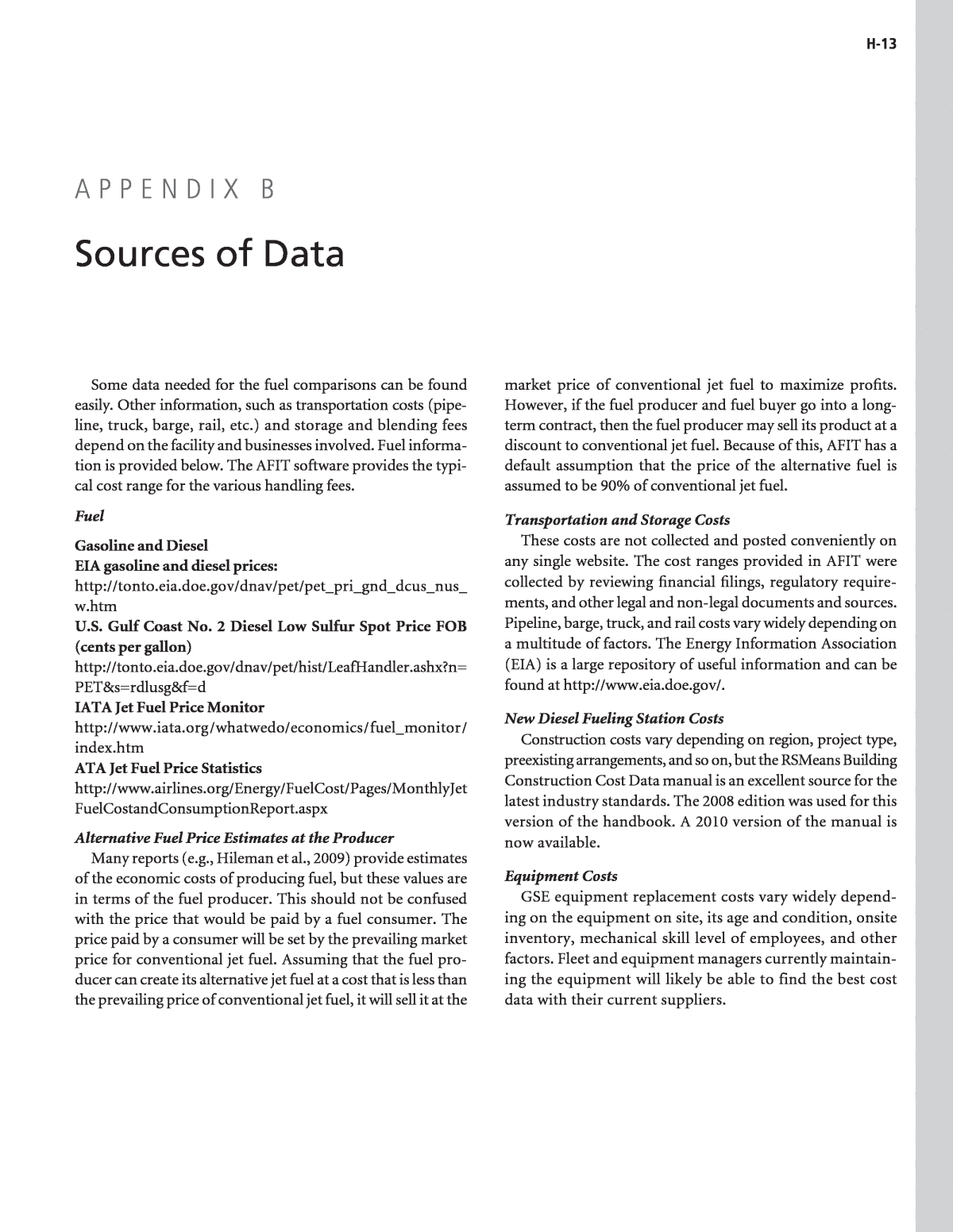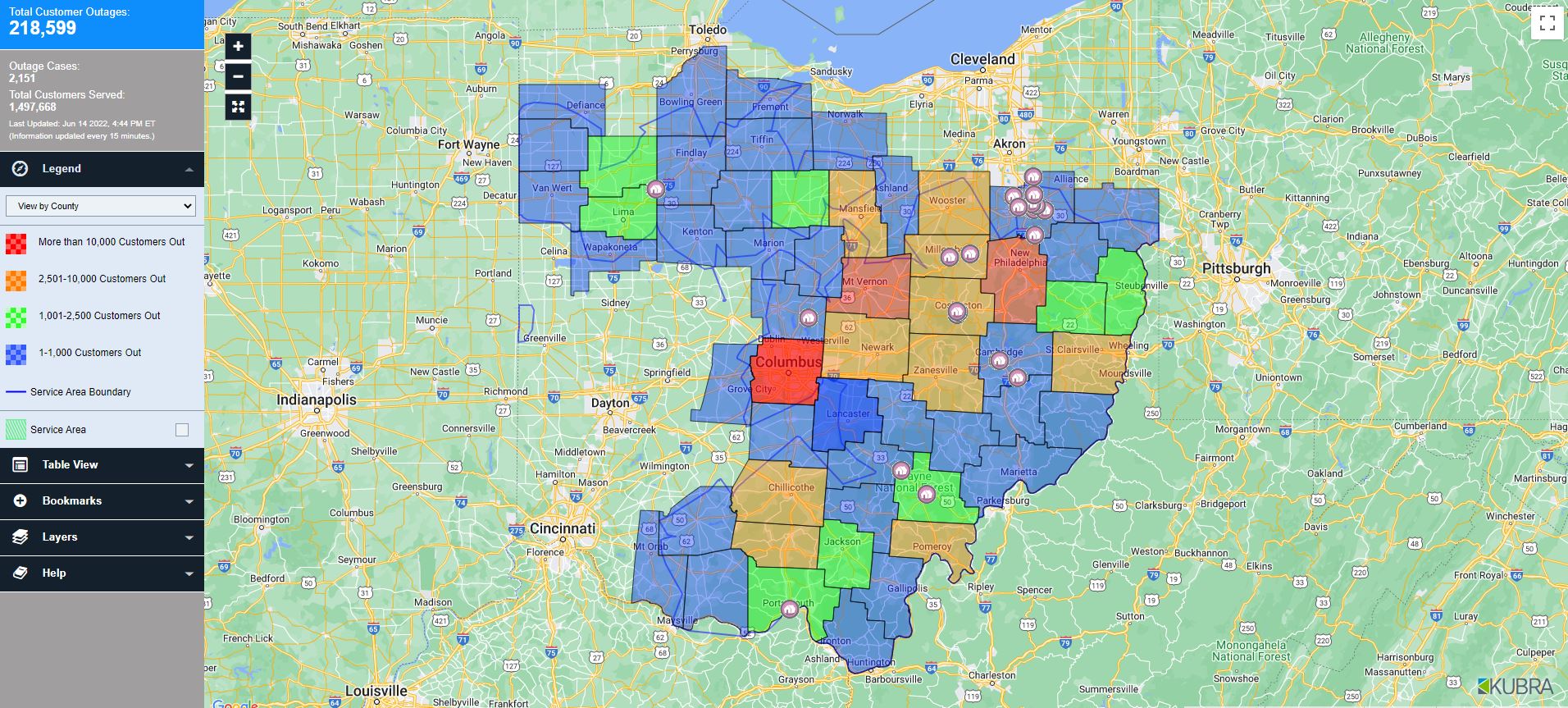What Is The Good Life? Defining Your Personal Path To Happiness

Table of Contents
Defining the "Good Life": Diverse Perspectives
The concept of the good life has been pondered by philosophers and theologians for centuries. Different cultures and belief systems offer diverse interpretations of what constitutes a fulfilling existence. Understanding these perspectives can help us clarify our own aspirations.
- Hedonism: This philosophy emphasizes pleasure and the avoidance of pain as the ultimate good. While enjoyable experiences are certainly part of a good life, hedonism alone often falls short of providing lasting fulfillment.
- Virtue Ethics: This approach focuses on cultivating moral character and virtuous actions as the path to a good life. Honesty, compassion, and courage are examples of virtues that contribute to both personal well-being and a positive impact on the world. Living a virtuous life often leads to a deeper sense of purpose and meaning.
- Stoicism: This ancient philosophy emphasizes acceptance of what we cannot change and focusing on inner peace and resilience. By cultivating a mindset of acceptance and focusing on what we can control, Stoicism offers a path to a more tranquil and fulfilling good life.
- Eastern Philosophies: Traditions like Buddhism and Taoism emphasize mindfulness, interconnectedness, and living in harmony with nature. These practices can contribute significantly to inner peace and a sense of belonging, key elements of a truly good life.
Ultimately, the "good life" isn't a one-size-fits-all concept; it's a deeply personal journey.
Identifying Your Values and Priorities: The Foundation of a Good Life
Before embarking on your quest for a good life, it's crucial to understand your core values and priorities. Self-reflection is essential to this process. What truly matters to you? What principles guide your decisions?
- Exercises for Self-Discovery: Journaling, meditation, and values clarification exercises can help you identify your core values. Consider listing things that bring you joy, satisfaction, or a sense of purpose.
- Examples of Core Values: Common core values include family, creativity, contribution to society, learning, health, spirituality, independence, and adventure. Your personal list may differ significantly, and that's perfectly fine.
- Values and Life Choices: Once you've identified your core values, use them as a compass to guide your life choices. A life aligned with your values will naturally lead to a greater sense of purpose and fulfillment—the hallmarks of a good life.
Building a Life Aligned with Your Values: Practical Steps
Identifying your values is only the first step. The real work lies in aligning your daily life with those values. This requires conscious effort and commitment.
- Setting Meaningful Goals: Set goals that are aligned with your values. These goals should be challenging yet attainable, fostering a sense of progress and accomplishment.
- Developing Healthy Habits: Cultivate healthy habits that support your physical, mental, and emotional well-being. This includes regular exercise, a balanced diet, sufficient sleep, and stress management techniques. A healthy body and mind are essential for a truly good life.
- Building Strong Relationships: Nurture strong relationships with family, friends, and your community. Social connection is crucial for happiness and well-being.
- Cultivating Mindfulness and Gratitude: Practicing mindfulness and gratitude can significantly enhance your overall well-being. These practices help you appreciate the present moment and foster a positive outlook, vital elements of a meaningful life.
Overcoming Obstacles on Your Path to the Good Life
The journey towards a good life isn't always smooth. You'll inevitably encounter challenges and setbacks. Developing resilience and strategies for overcoming adversity is crucial.
- Dealing with Negative Self-Talk: Challenge negative self-talk and limiting beliefs. Replace negative thoughts with positive affirmations and focus on your strengths.
- Managing Stress and Adversity: Develop healthy coping mechanisms for managing stress and adversity. This could include exercise, meditation, spending time in nature, or seeking support from others.
- Developing Resilience and Perseverance: Resilience is the ability to bounce back from setbacks. Cultivate perseverance by focusing on your goals and reminding yourself of your progress.
- Seeking Support from Others: Don't hesitate to seek support from friends, family, or professionals when needed. Building a strong support network can make all the difference in navigating challenges.
Conclusion
The good life is a personal journey, uniquely defined by your individual values and priorities. It's not a destination but a continuous process of self-discovery, conscious choices, and consistent effort. Remember, building a fulfilling and meaningful life requires self-reflection, the courage to make choices aligned with your values, and the perseverance to overcome obstacles along the way. Start defining your personal path to the good life today! Begin by identifying your top three values and brainstorming ways to integrate them into your daily routine. Download our free guide for a structured approach to building your personalized good life plan! [Link to Downloadable Guide]

Featured Posts
-
 From Scatological Data To Engaging Audio An Ais Poop Podcast Creation
May 31, 2025
From Scatological Data To Engaging Audio An Ais Poop Podcast Creation
May 31, 2025 -
 The Spanish Blackout Iberdrolas Claim Against The National Grid Fuels Investigation
May 31, 2025
The Spanish Blackout Iberdrolas Claim Against The National Grid Fuels Investigation
May 31, 2025 -
 Rain Delays Couldnt Stop Swiateks Indian Wells Quarterfinal Push
May 31, 2025
Rain Delays Couldnt Stop Swiateks Indian Wells Quarterfinal Push
May 31, 2025 -
 Northeast Ohio Power Outages Latest Statistics And Outage Map
May 31, 2025
Northeast Ohio Power Outages Latest Statistics And Outage Map
May 31, 2025 -
 Matthew Sexton Pleads Guilty To Animal Pornography Charges
May 31, 2025
Matthew Sexton Pleads Guilty To Animal Pornography Charges
May 31, 2025
